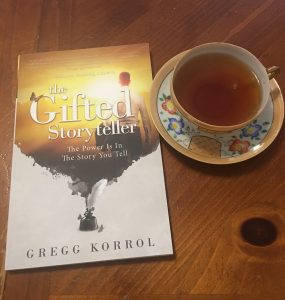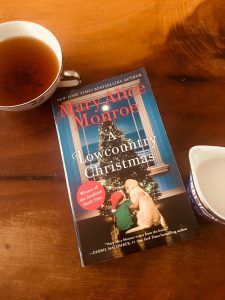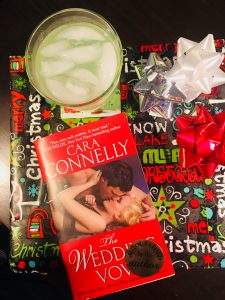 I won a copy of Gregg Korrol‘s The Gifted Storyteller through Goodreads:
I won a copy of Gregg Korrol‘s The Gifted Storyteller through Goodreads:
Description:
What if a Genie popped out of a bottle and gave you the power to create your life as it happened?
Michael followed “the plan” and did everything he was supposed to for life to be successful; great job, money, dates, yet despite it all, everything wasn’t the dream he expected. One night after work, he meets a beautiful and mysterious woman named Jeannie, who introduces him to the Gifted Storyteller, and changes his life forever.
Review:
This isn’t so much a review as documenting I’ve read this book, because I just don’t like this sort of book. I knew that I didn’t like a certain sort of book, but didn’t know this would be a book of the sort I don’t like. By this sort of book, I mean the sort where someone meets a stranger who opts to impart sacred knowledge to some random sap and this is presented to the reader as ultimately enlightening. There’s a quote on page 91 that states, “What she is saying is mind blowing.” and that’s how the reader is meant to feel about the book and it’s lessons. Here’s the thing, I almost never feel that they are. I didn’t here either.
I could take that fact to mean this is a pointless self-help book, but maybe it’s just imparting lessons I don’t need—to be mindful of the reality you build yourself and be careful of the fictions you build in your head (very Deepak Chopra).
Some will likely call this a sexist generalization, but I think men are especially in danger of this. After all, how many women have died because they didn’t live up to the fantasy of some strange man? (Certainly Korrol uses his character’s relationship to the opposite sex to make this point.) So, maybe these are lessons some people actually need, while some of us had to learn them growing up or risk never making it to adulthood.

 A couple weeks ago, I did a
A couple weeks ago, I did a  I won a signed copy of
I won a signed copy of